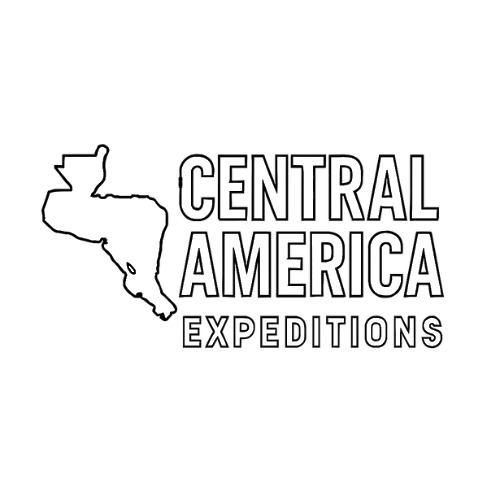Honduras is one of Central America’s most underrated destinations, offering rich biodiversity, Caribbean beaches, ancient Mayan ruins, and welcoming communities. From the pristine Bay Islands—famous for world-class diving and snorkeling—to the archaeological wonders of Copán and the lush cloud forests of Celaque, Honduras is a paradise for adventurers and culture lovers alike. Despite past concerns about safety, the country is steadily improving its tourism infrastructure, and many areas are now considered safe and rewarding to visit for those seeking authentic and off-the-beaten-path experiences.
Before planning your trip, we recommend checking the latest travel requirements for your destination. Entry rules can vary depending on your nationality, vaccination status, and transit points. For the most accurate and up-to-date information, please use the official TravelDoc tool to verify visa policies, health regulations, and documentation needed for your journey.
Most travelers from the U.S., Canada, EU, and many other countries do not need a visa for stays up to 90 days. A tourist card (approx. $12 USD) is issued on arrival.
Routine vaccinations such as hepatitis A, tetanus, and MMR are recommended. Depending on travel plans, typhoid and rabies may also be advised.
November to April is the dry season and the best time to visit, especially for beach and outdoor activities. The Caribbean coast can be humid year-round
The climate is tropical, with hot, humid coastal regions and cooler highlands. Rainy season runs from May to October.
Yes. In restaurants, a 10% tip is customary if not already included. Small tips are appreciated for drivers, guides, and hotel staff.
Wi-Fi is available in most urban and tourist areas. Rural regions may have limited or slower connectivity.
Yes, ATMs are common in cities and towns. It’s best to use machines in secure areas like malls or banks.
Yes, major credit cards are accepted in larger hotels and restaurants. Cash is preferred in small towns and local markets.
Unlocked phones can use local SIM cards from carriers like Tigo or Claro. Roaming is available but can be expensive.
Western-style toilets are standard in most tourist facilities. In rural areas, bring your own toilet paper as it may not be provided.
Tap water is not considered safe to drink in most parts. Bottled water is recommended and widely available.
Many parts of Honduras are safe for tourists, especially the Bay Islands, Copán, and La Ceiba. Use normal precautions and avoid dangerous urban neighborhoods.
Stay hydrated, use insect repellent, wear sunscreen, and avoid undercooked food. Travel insurance is highly recommended.
While not mandatory, travel insurance is strongly advised to cover medical emergencies, trip delays, or theft.
